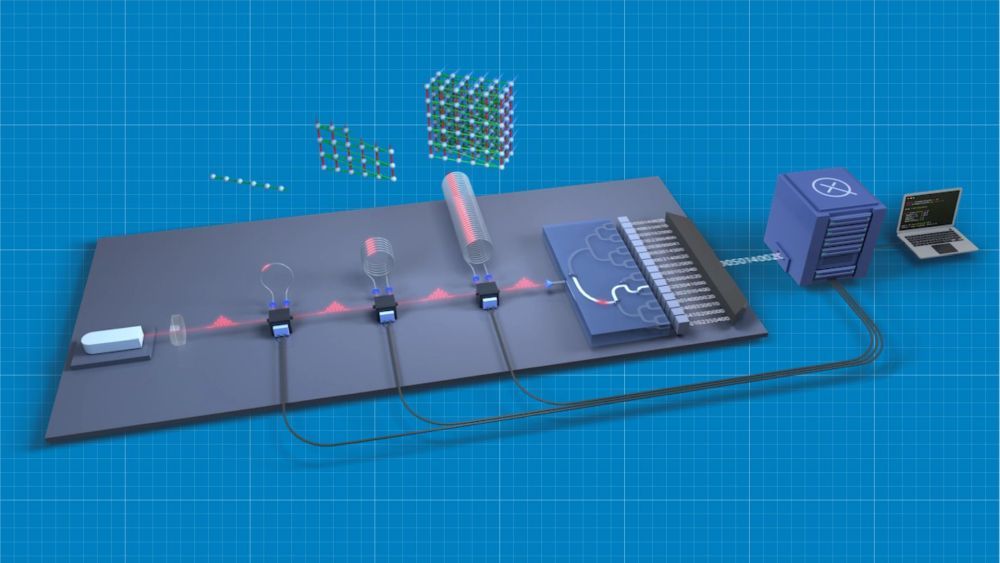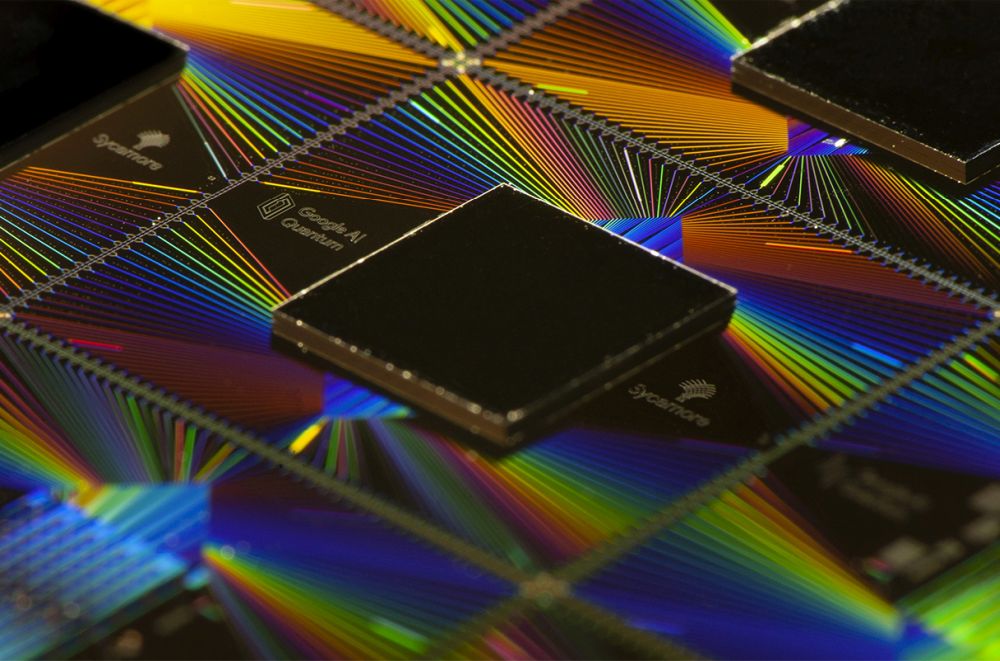In a groundbreaking announcement, Google has unveiled its latest quantum computing marvel, the Willow chip. This new quantum processor is not just another step forward; it represents a giant leap in computational capability. Google claims that the Willow chip can solve a specific problem in just five minutes, a task that would take a traditional computer longer than the entire history of the universe to accomplish. This feat underscores the immense potential of quantum computing to transcend the limitations of classical computing systems.

The Willow chip is equipped with 105 qubits, the basic units of quantum information, which allow it to perform calculations at an unprecedented pace. Unlike bits in classical computers, qubits can exist in multiple states simultaneously due to quantum mechanics phenomena like superposition and entanglement. This property allows quantum computers to process a vast number of possibilities at once, offering solutions to problems that are currently intractable with conventional technology. Google’s achievement with Willow is a testament to the ongoing advancements in harnessing these quantum properties for practical computing tasks.

While the particular problem solved by Willow might not have immediate commercial applications, the implications of this development are profound. Google’s focus with quantum computing extends beyond mere number crunching. The company is aiming to revolutionize fields like medicine, where quantum computers could help in discovering new drugs by simulating complex molecular interactions, or in materials science, potentially leading to breakthroughs in battery technology. Additionally, quantum computing could dramatically enhance AI development by enabling more complex and nuanced machine learning algorithms.

This milestone, however, is just the beginning. The journey to fully practical quantum computing involves overcoming numerous challenges, including reducing error rates and scaling up the number of qubits while maintaining their quantum state. Google’s Willow chip is a significant marker on this path, showcasing what’s possible with current technology and setting the stage for future innovations. As we move forward, the collaboration between academia, industry, and governments will be crucial to unlock the full potential of quantum computing, transforming industries and solving some of the most pressing problems of our time.

Google #QuantumComputing #WillowChip #QuantumLeap #Qubits #TechInnovation #AI #Medicine #MaterialsScience #Superposition #Entanglement #Computation #FutureTech
